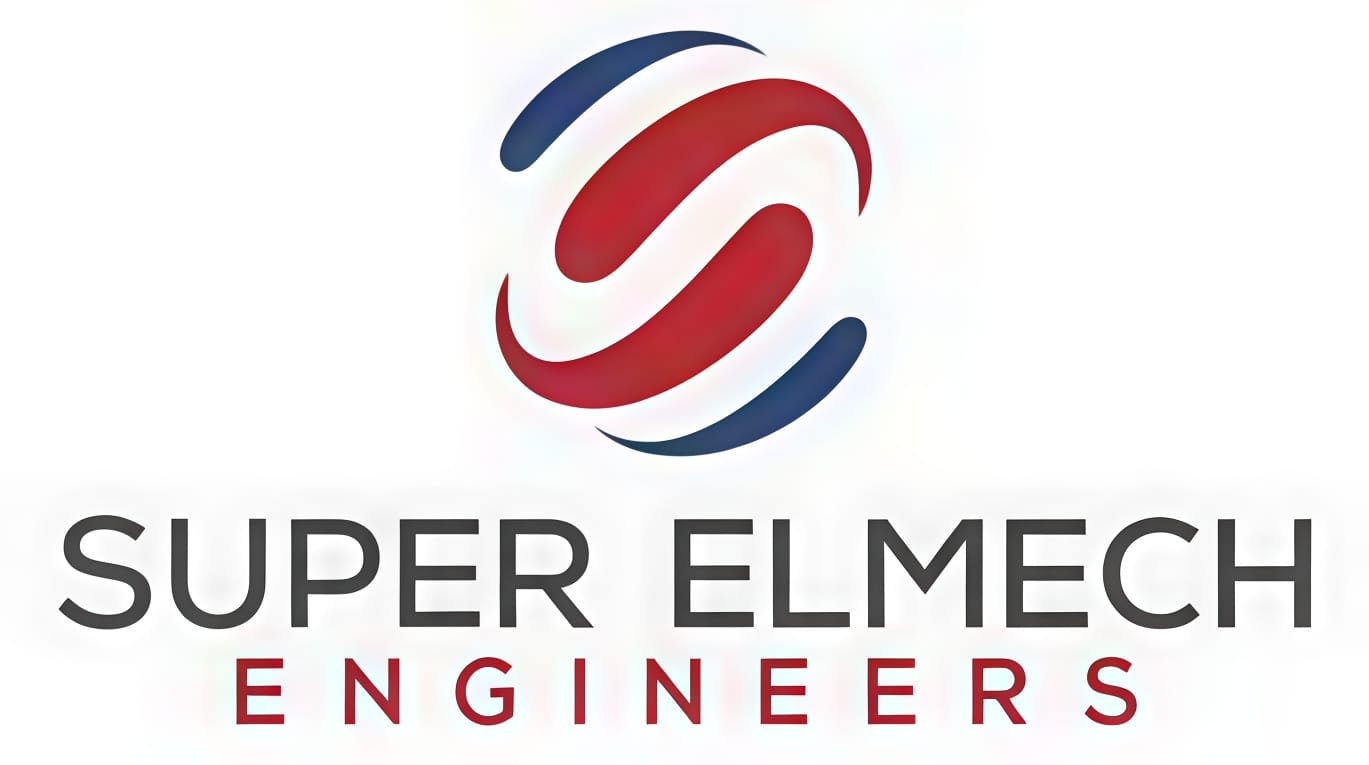Motor Control Centers (MCC)
Motor Control Centers (MCC)

Motor Control Centers (MCC): Centralized Motor Management Solutions
Motor Control Centers (MCCs) are essential systems used in industrial and commercial facilities to manage and control the operation of electric motors. An MCC typically consists of one or more enclosed sections that share a common power bus and house multiple motor control units. These units are responsible for starting, stopping, and protecting electric motors, ensuring efficient and safe motor performance across various applications.
MCC panels are designed to offer a centralized solution for motor control, improving operational efficiency and simplifying maintenance. They can be configured with different types of starters and protection devices based on specific operational requirements. Common configurations include Air Circuit Breakers (ACB), Molded Case Circuit Breakers (MCCB), Switch Fuse Units (SFU), Direct-On-Line (DOL) starters, Auto Transfer Starters (ATS), and Star-Delta starters. These components help provide smooth and safe motor startup and operation.
Depending on the application, MCC panels can be either compartmentalized or fully draw-out type. Compartmentalized panels offer enhanced safety by isolating each motor feeder, allowing maintenance on one section without interrupting the operation of the entire system. Draw-out MCCs offer additional convenience by allowing quick replacement or servicing of motor feeders, which is especially useful in critical process industries. Non-draw-out types, while more compact and economical, are typically used in applications where frequent maintenance is not required.
MCCs are widely used in industries such as manufacturing, oil and gas, water treatment, power generation, and HVAC systems, where motors form the backbone of operational processes. By providing centralized control, fault protection, and real-time monitoring, MCCs contribute to improved motor reliability, reduced downtime, and enhanced energy management.


